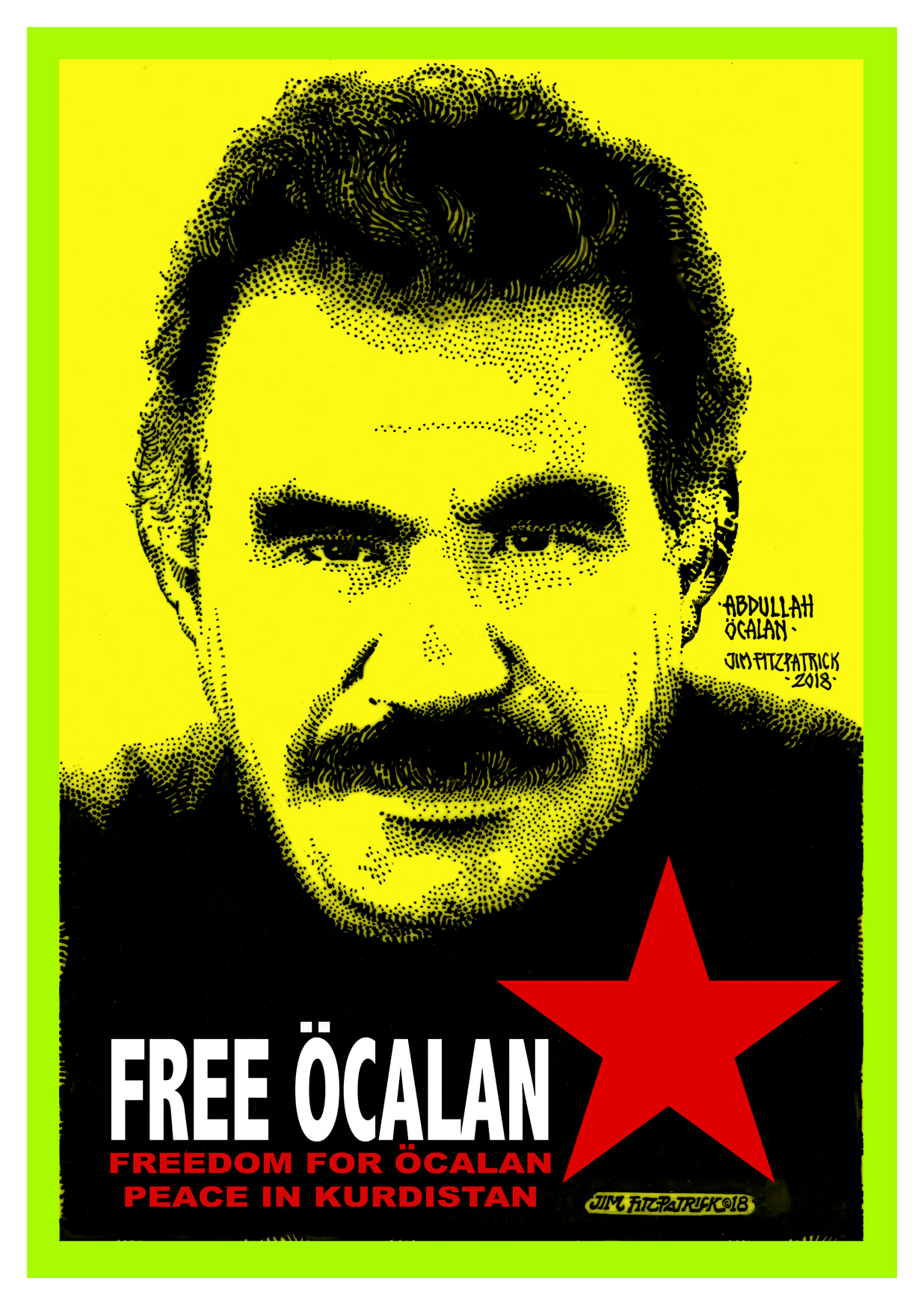«Developing Realistic Methodology: How New Dialectics Surpasses the Critical Realist Method for Social Science»: Andrew Brown
 ABSTRACT
ABSTRACT
This paper argues that ‘new dialectics’ provides an adequate methodology for economics and social science. The argument is advanced via a critique of ‘critical realism’, an important rival to new dialectics. Critical realism holds that the root mistake underlying orthodox methodology, termed the ‘epistemic fallacy’, is a failure to sustain adequately the distinction between ontology and epistemology, resulting in the relative neglect of ontology. By overcoming the fallacy, critical realism claims to provide an adequate methodology for economics and social science. The paper argues that critical realism goes too far in the opposite direction to the epistemic fallacy. Critical realism neglects the intrinsic links between ontology and epistemology so fails to provide an adequate methodology. However, critical realism must not, according to the argument, simply be rejected in toto if an adequate methodology is to be achieved. Instead it must be surpassed or transcended. The recent resurgence of a ‘new dialectics’ is argued to provide just such a supersession because new dialectics affirms the intrinsic links between ontology and epistemology without reducing the former to the latter. The implications of this transcendence are illustrated via a comparison of the respective interpretations of Marx’s Capital offered by critical realism and new dialectics
(1) Introduction
‘Critical realism’ and ‘new dialectics’ are distinct positions within philosophy, methodology and social theory. They are best introduced in response to a familiar sceptical refrain: what practical use is methodology and philosophy to the economist or social scientist?
The critical realist response is a subtle one. It argues that current practices in economics and social science do display an attempted adherence to what amounts to a set of interlinked philosophical mistakes. According to this view the root mistake, termed the ‘epistemic fallacy’, is a failure to sustain adequately the distinction between ontology and epistemology, resulting in the relative neglect of ontology1. Due to this and other factors social science is claimed to be in crisis. So critical realists argue that philosophy must be taken seriously. Furthermore they maintain that, until recently, no systematic Western philosophy escaped the essential flaw that stifles social science. The only philosophy to do this is critical realism according to its proponents, first systematised by Roy Bhaskar in his A Realist Theory of Science (1975)2 and The Possibilty of Naturalism (1979)3 later to be developed in his subsequent publications and those of fellow critical realists. The central thesis is that the ‘epistemic fallacy’ can be overcome by recognising that a necessary condition of current scientific enquiry (indeed of any human act – cf. Dialectic, p. 230) is that there are real objects, including real social structures, that the scientist attempts through hard work to grasp. By upholding such an ontology the progressive insights of scientific realists (such as Harre, Hesse and Hanson) and the classic philosophers of science (such as Kuhn, Popper and Lakatos) are argued to be upheld and systematised. On this basis critical realists maintain that present day arguments that the concept of science is a modernist illusion to be replaced by post-modern anarchy can be refuted4. And in refuting post-modernism the modernist hope that adequate scientific knowledge might contribute to human emancipation is retained.
This paper attempts to sustain the critical realist aspirations. However, it presents an argument (through an ‘immanent critique’) that critical realism itself cannot sustain them. This is no warrant to give in to post-modernism because critical realism must not simply be rejected in toto. Instead it must be surpassed or transcended. The positive elements of critical realism, the assertions that knowledge and human emancipation are possible and the critical attitude towards orthodox philosophy must be retained but on a fundamentally new basis. It is the central argument of this paper that the recent resurgence of a ‘new dialectics’ provides just such a new basis; new dialectics represents the complete supersession or transcendence of critical realism. This transcendence may be considered a (very) fundamental ‘development’ of criticalrealism in that new dialectics is shown to emerge logically from the internal contradiction of critical realism. This contradiction is not identified and transcended in Bhaskar’s ‘dialectical critical realism’ (Dialectic) – which is ‘on the whole, a preservative generalization [i.e. extension] and enrichment of hithertoe existing critical realism’ (op. cit., p. xiii) – so new dialectics transcends critical realism and ‘dialectical’ critical realism alike.
Section two will detail the immanent critique of critical realism. Section three presents new dialectics as the transcendence of critical realism, followed by concluding remarks in section four.


























